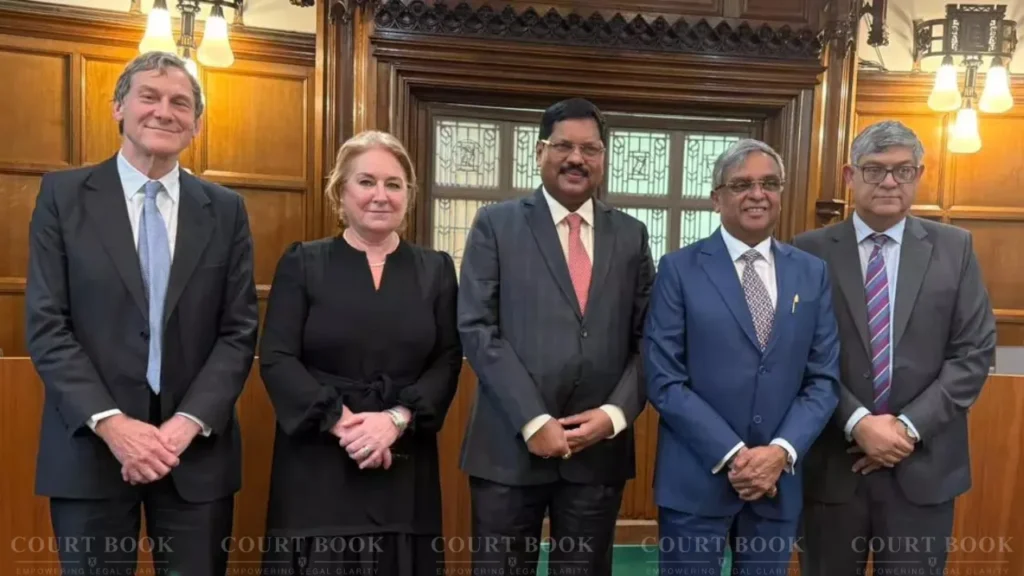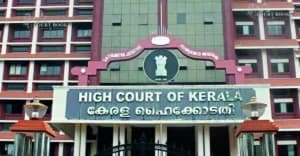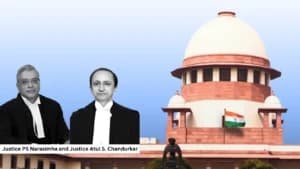Chief Justice of India BR Gavai has raised serious concerns about judges accepting government posts or contesting elections soon after retirement. He highlighted that such actions undermine public confidence in the judiciary and may raise doubts about the impartiality of judicial decisions.
Speaking at a roundtable discussion at the Supreme Court of the United Kingdom, CJI Gavai pointed out that when judges accept government posts or political roles soon after retirement, it raises ethical issues and also impacts how the public views the independence of the judiciary.
Read also: Supreme Court: Divorced Wife Entitled to Maintenance Reflecting Her Marital Standard of Living
“If a judge takes up another appointment with the government soon after retirement, or resigns from the bench to contest an election, it raises significant ethical concerns and invites public scrutiny,”
— CJI BR Gavai
He said such actions could lead to a perception of bias, where people may assume that judicial decisions were influenced by expectations of future gain or political opportunities. To maintain the credibility of the judiciary, he and many of his colleagues have pledged not to accept government roles after retirement.
“This commitment is an effort to maintain the credibility and independence of the judiciary,”
— CJI Gavai
Read also: Supreme Court of India Dismisses Next Radio’s Petition Against Copyright Rule 29(4)
CJI Gavai emphasised that the judiciary must not only deliver justice but also appear impartial and trustworthy in the eyes of the public. He offered his views on the topic “Maintaining judicial legitimacy and public confidence.”
He also addressed the collegium system, acknowledging its criticisms but defending its importance in ensuring judicial independence.
“There may be criticism of the collegium system, but any solution should not come at the cost of judicial independence. Judges must be free from external control,”
— CJI Gavai
Judicial independence also depends on the power of judicial review, which acts as a counterbalance to arbitrary government actions. Well-considered judgments, asset declarations and transparent appointments help maintain this trust, CJI Gavai said.
“The Supreme Court itself has recognised that judges, as public functionaries, are accountable to the people,”
— CJI Gavai
Read also: Law student Sharmistha Panoli sent to 14 days judicial custody over controversial video on Operation
He also mentioned steps taken to improve public access to the judicial process, including virtual hearings, translation of judgments into regional languages and live streaming. However, he cautioned against misreporting court proceedings out of context.
“Live streaming should be used with caution, as fake news or court proceedings taken out of context can negatively impact public perception,” - CJI Gavai
He recalled a recent instance where a light-hearted remark by a judge was misinterpreted in the media, leading to misunderstanding.
Addressing the issue of judicial misconduct, the CJI assured that whenever such cases arise, the Supreme Court acts swiftly and decisively to rebuild public confidence.
The CJI concluded by emphasising that public confidence is earned through transparency and ethical behaviour, and not through authority.
“Transparency and accountability are democratic virtues… The judiciary must rise to the challenge of being accessible, intelligible and accountable without compromising its independence,” - CJI Gavai
The session was also attended by Justice Vikram Nath, Baroness Carr, Lord Leggatt and Senior Advocate Gaurav Banerjee as moderators.
















